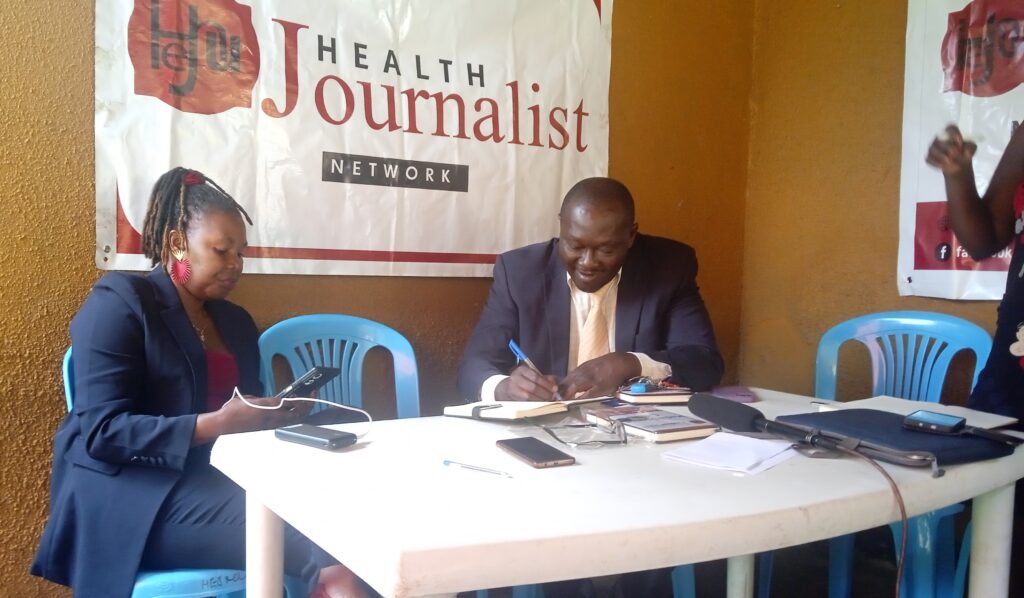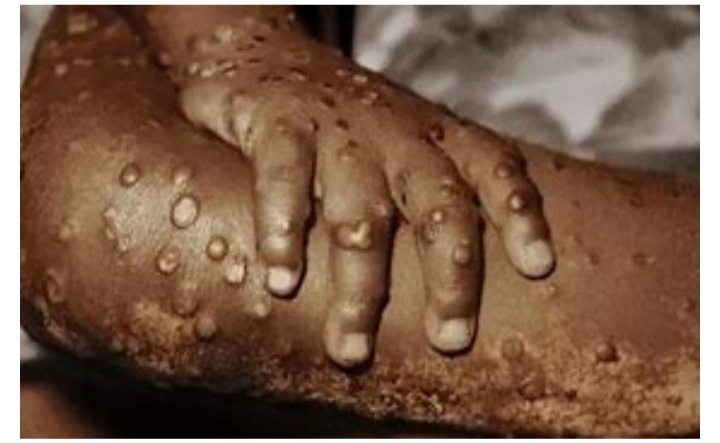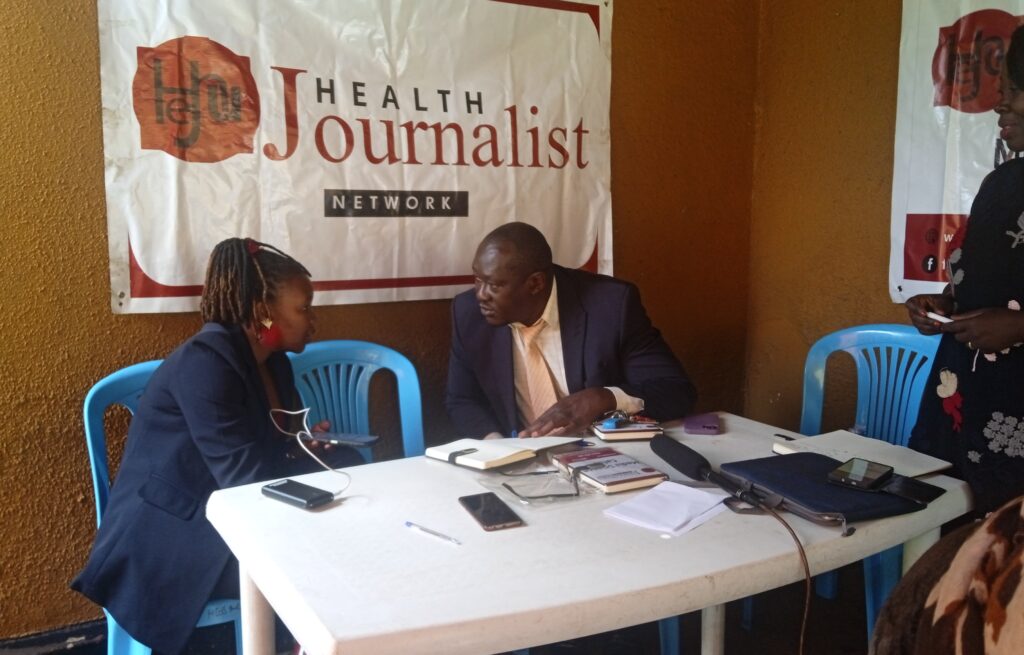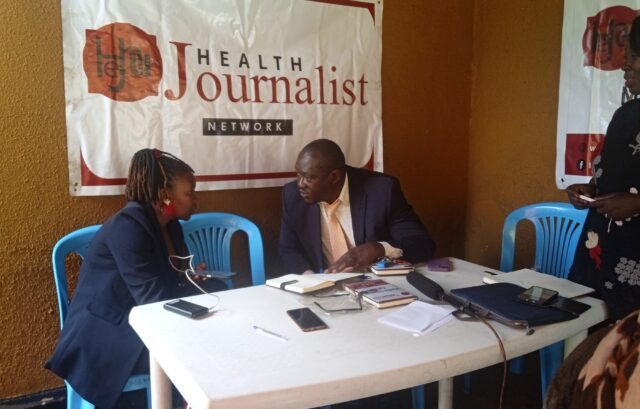
The Government of Uganda, through the Ministry of Health, has devised measures to control the spread of Mpox a viral disease that, since 2024, has spread to various parts of the country, resulting in 61,000 cases and 41 deaths.
Mpox, previously known as Monkeypox, presents with symptoms such as sore throat, fever, and cough. It also affects other organs of the body, especially the skin, typically appearing 2–3 weeks after exposure.
The virus primarily affects children, women, sex workers, fishing communities, people living with disabilities, those with chronic illnesses, cancer patients, individuals with diabetes, those with sickle cell anemia, among others.
As a way of controlling the spread of the virus in the country, the government, through the Ministry of Health, received vaccines with support from the Africa CDC and WHO to help protect people from infection.
In February 2025, the country received 10,000 doses of vaccine in the first phase, targeting high-risk groups, particularly those in contact with Mpox patients, to protect them from infection. This vaccination campaign took place in Kawempe and Makindye, which were identified as precenters of the outbreak.
Additionally, 100,000 doses were allocated for phase two, aimed at at-risk groups such as sex workers and healthcare workers.

Due to the high cost of the vaccines, the government prioritized vulnerable groups at high risk of infection. Among these were sex workers, who were vaccinated within their communities. And as a result, over 1,000 commercial sex workers received the vaccine.
Speaking during a science cafe organized by the Health Journalists Network Uganda, Macklean Kyomya, the Executive Director of the Alliance of Women Advocating for Change, commended the Ministry of Health for including sex workers in their vaccination plans and providing them with the necessary doses. She noted that this initiative helped protect many from contracting the virus.
Macklean explained that prior to vaccination, there was a rise in cases among sex workers, which severely impacted their livelihoods, as those infected had to stop working until they recovered. She added that the existing system for profiling sex workers made it easier to mobilize them for vaccination and also aided in contact tracing, especially for those who were already infected.
She explained that before the vaccine rollout, they used to receive between 3 to 7 new cases regularly. However, since the vaccination, the number of new cases has decreased, appreciating the government for responding to their call and involving such communities in national health programs.
The Chief Scientist at the Ministry of Health, Dr. Misaki Wayengera, noted that Mpox does not have a specific treatment, instead, symptoms are managed to prevent health complications. He further explained that the ministry has initiated efforts to identify strategies for controlling the spread of the virus and revealed that the ministry will participate in a meeting sponsored by the Ministry of Science and Technology, alongside the Africa CDC, in June this year, focusing on traditional herbal medicines, with the aim of identifying active ingredients that can be developed into accessible treatments using locally available resources.
Dr. Wayengera noted that the Ministry is facing challenges due to the high cost of vaccines, which range from $100 to $140 per dose. This makes them not readily accessible, despite their critical role in effectively interrupting transmission. He emphasized that widespread vaccination is necessary to control the spread of the virus.
Dr. Wayengera also cautioned the public to be cautious when engaging in sexual activity with individuals from unknown or high-risk groups, as this can significantly increase the risk of spreading the virus.

Similarly, Ainembabazi Macklean, a 27-year-old sex worker who received the vaccine, shared that she had seen her colleagues struggle with the pain caused by Mpox as cases continued to rise, which made her fearful. So, when the call for vaccination was announced, she did not hesitate to get her dose.
Mpox can be easily transmitted from one person to another through handshakes, hugging, close contact with infected individuals, and sharing clothes or personal items. The vaccines were received from countries including Germany, the USA, with Japan among other countries also pledging to support vaccination efforts.






